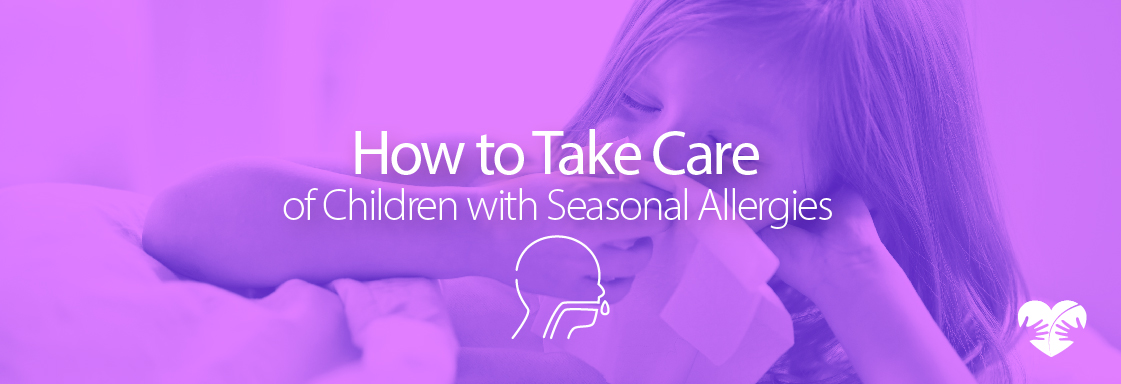Seasonal allergies, often called “hay fever,” are immune system reactions that arise during certain times of the year with the contact of foreign elements to the body, when trees, grasses, and weeds release pollen particles into the air. These tiny pollen particles, also known as allergens, can cause the appearance of different symptoms, which vary from person to person. Seasonal allergies can arise at any age, as even children without seasonal allergies can still develop them.
The immune system of a person with allergies mistakes an item that is usually harmless to most for something harmful. The appearance of these allergic reactions differs from one territory to another and from one time of the year to another.
What are the symptoms?
Children may be more susceptible to environmental factors that cause allergies. It is essential to know your symptoms to take the necessary measures. The most common signs and symptoms of seasonal allergies in children are:
- Sneezing
- Itchy nose and throat
- Nasal congestion
- Clear, runny nose
- Postnasal drip
You can take simple measures to limit contact with allergens that cause these symptoms. For example, washing your hands after playing outside, constantly cleaning the home by removing dust and preventing mold, or dehumidifying rooms.
Care tips
You must consult a doctor whenever you observe any symptoms in your child. In the case of allergies, an allergist can do specific tests and studies to provide your children with the appropriate treatment. Some measures for the prevention and care of allergies are:
- If you have been diagnosed with seasonal allergies, keep the windows closed, use air conditioning instead of fresh air, and stay indoors during times of greatest pollination, as this can affect your respiratory system.
- For children with seasonal allergies, change clothes, wash their hands, or shower after playing outside.
- If reducing the exposure to these allergies is not possible, doctors may recommend treatment for seasonal allergy symptoms to ease any symptoms.

